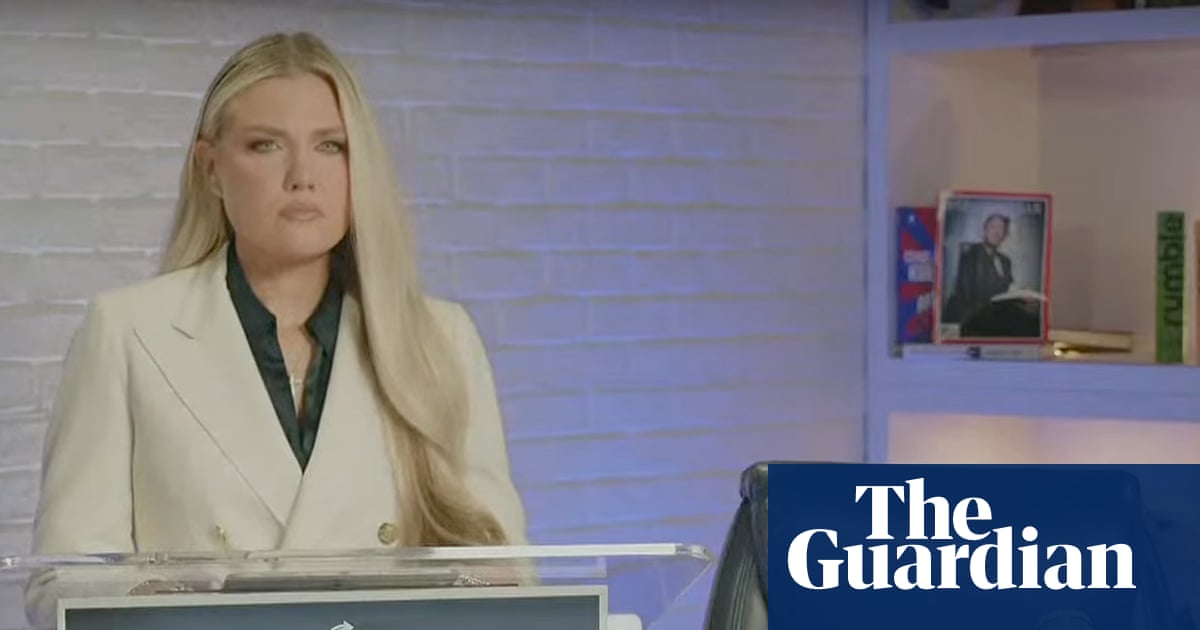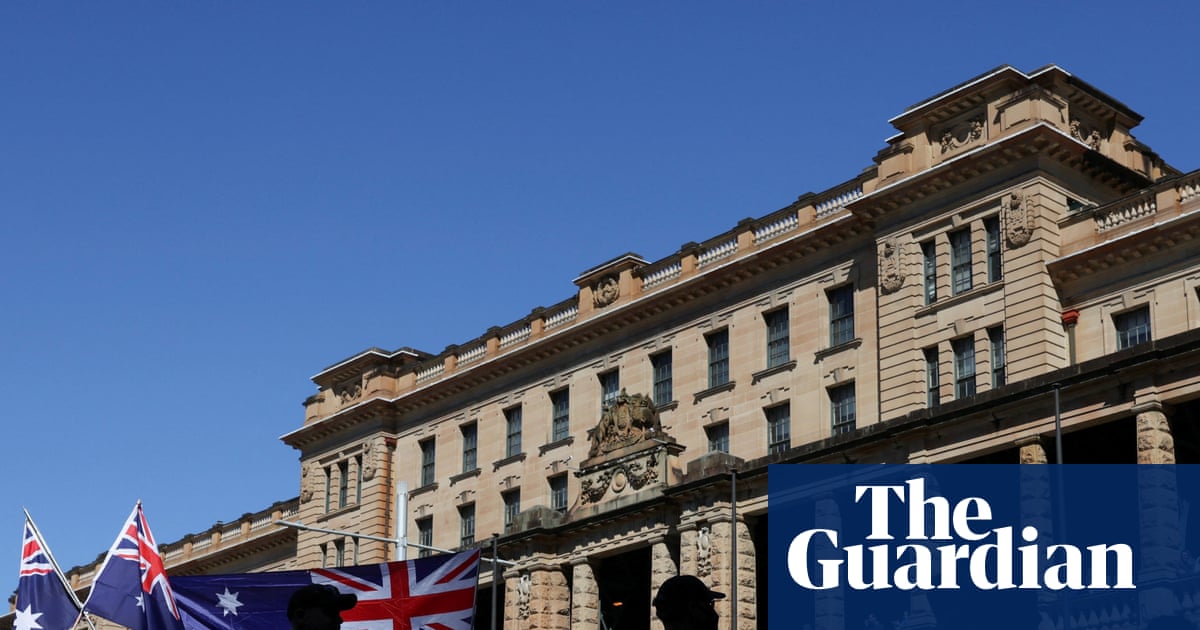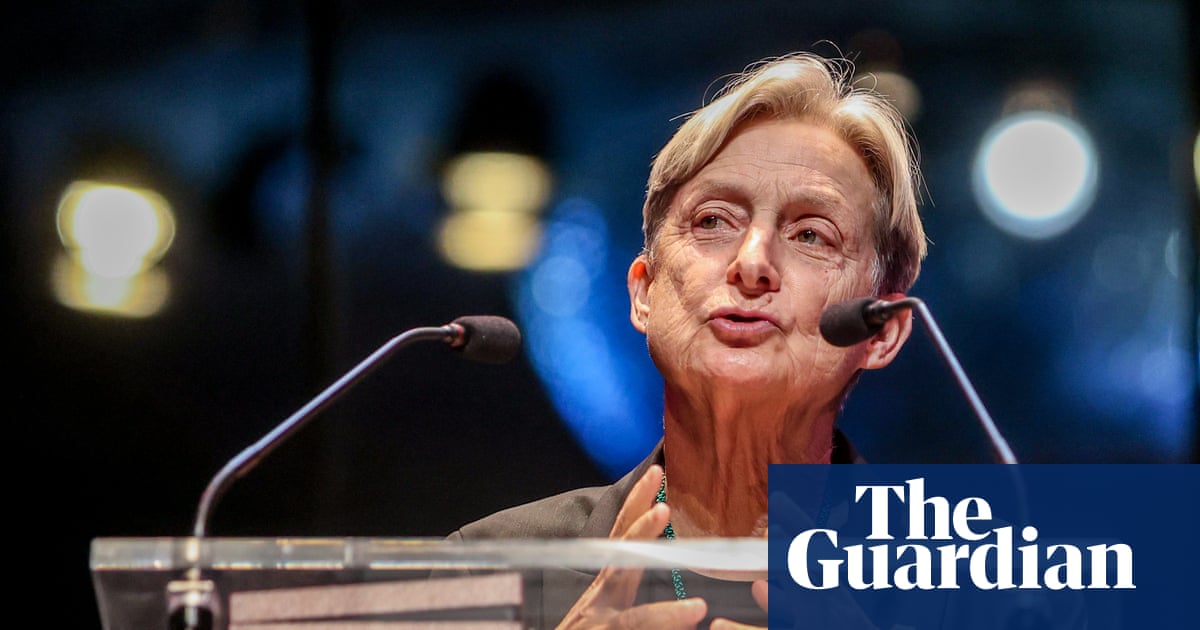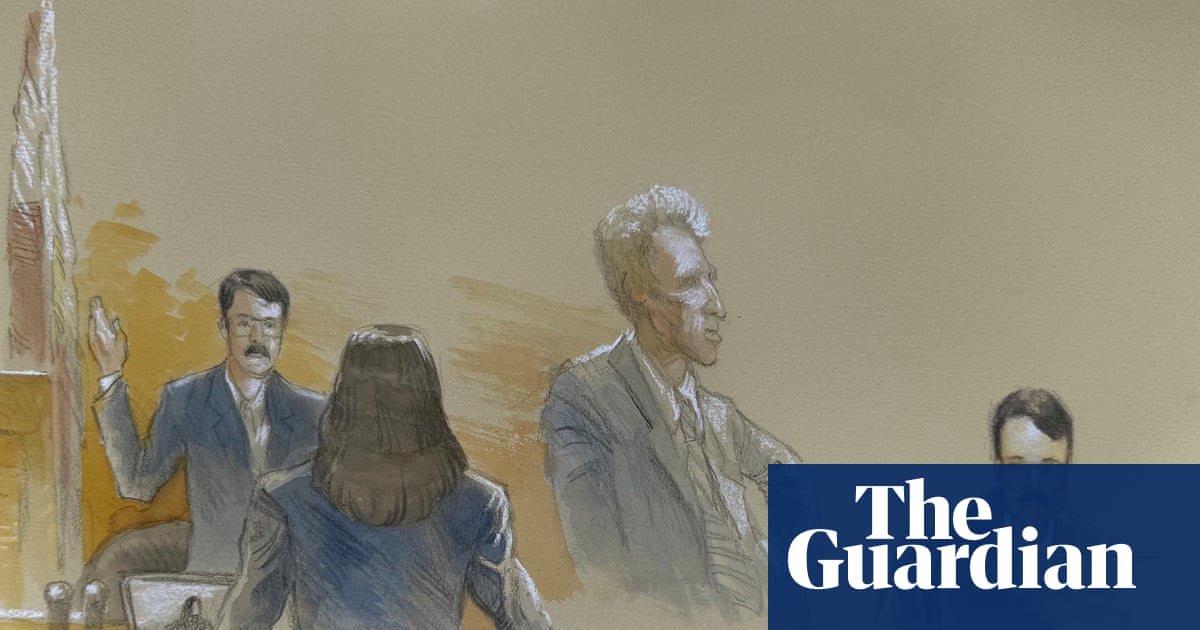A distinctive line drawing of a grand piano adorns a clock face in Sundance Square. At night, it beams like a Tracey Emin installation, presiding over Fort Worth’s downtown district. At the intersection leading to Bass Performance Hall the crosswalk has been replaced with an oversized keyboard, and, inside the cavernous venue, sartorial style favours black and white stripes. A pop-up gift shop in the lobby boasts an array of musical-themed memorabilia; there’s the line drawing on a bubble-gum pink T-shirt, an enormous travel mug, a steak-branding fork. The theme-park feel is confirmed by a white Steinway emblazoned with Mickey Mouse – a limited hand-painted Disney edition (price on request). Welcome to piano city, smiles the sign.
Every four years, piano lovers from across the world gather in this Texas enclave for the Van Cliburn international piano competition – the instrument’s Olympics.
It’s not just about the financial reward (the gold medallist receives $100,000 (£74,000); silver $50,000; bronze $25,000, plus there’s other discretionary awards): participation potentially catapults an early-career pianist into the industry’s orbit. In 2022, at the postponed 2021 instalment, a then unknown Yunchan Lim took gold. Earlier this year I witnessed crowds of fans waiting to present the now 21-year-old with stuffed animals after a spectacular concert in Lucerne, where he played alongside Martha Argerich. Lim’s Van Cliburn performance of Rachmaninov’s third piano concerto is now the most-watched version of that concerto online, with more than 17m views.
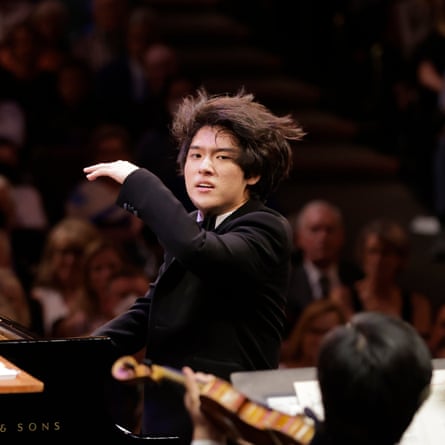
If Bass Performance Hall’s painted skylight and elaborate candelabras recall a European opera house, the dazzling white balconies are all-American. Conductor Marin Alsop pulls the reins on the Fort Worth Symphony Orchestra, the Cliburn’s house band. It’s finals week: six pianists (from the 28 chosen to compete in the competition) perform over four nights. Every performance is livestreamed – this year’s simulcast had 20m views across 145 countries – and, for the first time, is available via Apple Music Classical, along with curated playlists. A new Cliburn Keys View offers the option to watch a hands-only perspective, where disembodied lower arms deploy impeccable technique. While instructive, to do so misses the interplay between soloist and ensemble.
Most major international piano competitions require their finalists to perform one concerto. There’s usually a standard list of repertoire – inevitably Tchaikovsky 1 – and the concert is make or break. The Cliburn finalists (an all-male group; only four women competed in Fort Worth, two of whom made it as far as the semi-finals) play two concertos, one from a designated selection, the other can be anything. Alsop deserves her own gold medal for her openness to the challenge, which this year included the quirky choice of Bartok 2. After one concerto I stepped into a lift alongside Alsop who looked thoughtful and exhausted. Most orchestral seasons feature Rachmaninov 3, Beethoven 4 and Prokofiev 2 over the course of a few months. Alsop had done them all in one evening.
The Cliburn judges heard 55 hours of music over the course of the event, as 28 pianists became 12, and then six. British pianist Paul Lewis, head of the jury, described the process as “overwhelmingly intense”. From 2015-18 Lewis was chair of the Leeds international piano competition, the UK counterpart that feels positively quaint in comparison. Keir Starmer publicly wished participants luck ahead of last year’s Leeds competition; Trump is unlikely to congratulate this year’s Cliburn laureates who include competitors from Russia, Hong Kong, the US, Israel and combinations thereof. He’s missing a trick: the Cliburn has always had political clout. Founder and Texan native Harvey Lavan “Van” Cliburn charmed audiences at the 1958 inaugural International Tchaikovsky competition in Moscow, winning gold at the height of the cold war and returning to that most hallowed of US celebrations, a ticker-tape parade. While some of his recordings are historic gems (his 1958 recording with the RCA Victor Symphony Orchestra and Kiril Kondrashin was broadcast with choreographed fireworks at the city’s afterparty), Cliburn’s main legacy is the quadrennial contest that takes his name. Set up in 1962, its importance for cultural unification was immediately confirmed.

There are no public guidelines on judging, what one judge wants from their Brahms 2, say, might vary wildly from another. Aristo Sham’s Mendelssohn 1 frothed; Philipp Lynov’s Liszt 2 bubbled. “Why aren’t you standing up?” one lady scolded the press line, as each participant received rapturous applause and we struggled to scribble. “Y’all have a favourite?” one Texan asked me in the loos, where I photographed the doors decorated with a stave. I did, but mine was different to hers. Carter Johnson, the 28-year-old Canadian-American threw a curveball with the Ravel left-hand concerto, a work composed for Paul Wittgenstein, who lost his right arm in the first world war. It’s a brooding piece demanding technical wizardry (British left-hand pianist Nicholas McCarthy plays it at this year’s Proms opening weekend); Johnson danced and pedalled with elegance. Vitaly Starikov employed some quirky tempi in the Schumann; Evren Ozel’s Tchaikovsky 1 was almost as muscular and thrilling as Cliburn’s own historic performance. At this level, differentiation is down to matters of taste.
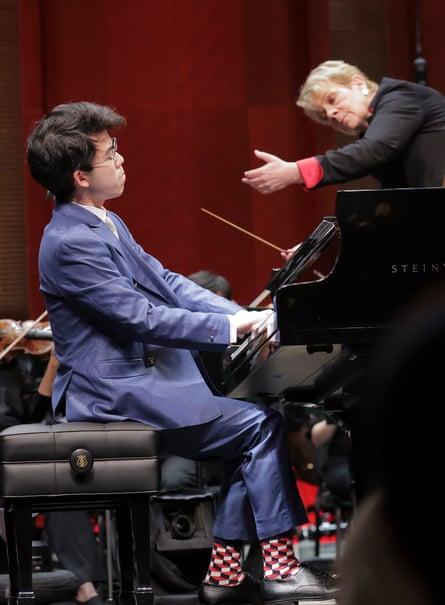
Unusually – judging at this level can require UN levels of diplomatic negotiation to reach a consensus, depending on individual rules – the announcement came on time, with all finalists and jury members present. (There are sometimes resignations: in 1980 Argerich left the International Chopin piano competition in protest at the elimination of Ivo Pogorelić in the third round; and there are sometimes huffs: one young pianist refused to participate in the celebratory performance at the conclusion of last year’s Hamamatsu international piano competition in Japan.) And, all prizes were awarded (the Tchaikovsky competition regularly withholds gold if a clear hierarchy of winners cannot be agreed, with joint silver given instead). Sham took the top spot, becoming the first pianist from Hong Kong to win in the Cliburn’s history. The unassuming polymath – Sham is a former child star (featured on Channel 4’s 2009 documentary The World’s Greatest Musical Prodigies) who studied economics at Harvard and music at Juilliard – was a surprise choice to the press, but not to Cliburn viewers – he won the Audience award by more than 9,000 votes.
Starikov won silver and Ozel placed third, also winning the Mozart Concerto award. I was disappointed not to see Lynov’s talents recognised – he was too; it was some time before he appeared at the reception, but crucially, he attended. Talk was all about the verdicts; everyone had a different top three. After the huge success of Lim, the pressure to find the Next Big Pianist was palpable. But Lim is exceptional; competitions spit up dozens of superb musicians and only one in a generation will have his distinctive touch.
The latest clutch of piano olympians gathered at a small table, looking as if they wished it was a piano stool. Journalists asked the necessary inane questions and received the necessary inane answers (Q: how does it feel? A: good). At one point Starikov, fatigued or bored, passed on the microphone to Ozel. All three wore shiny medals and consulted unseen bank accounts, blinking into bright futures.

 3 months ago
65
3 months ago
65


